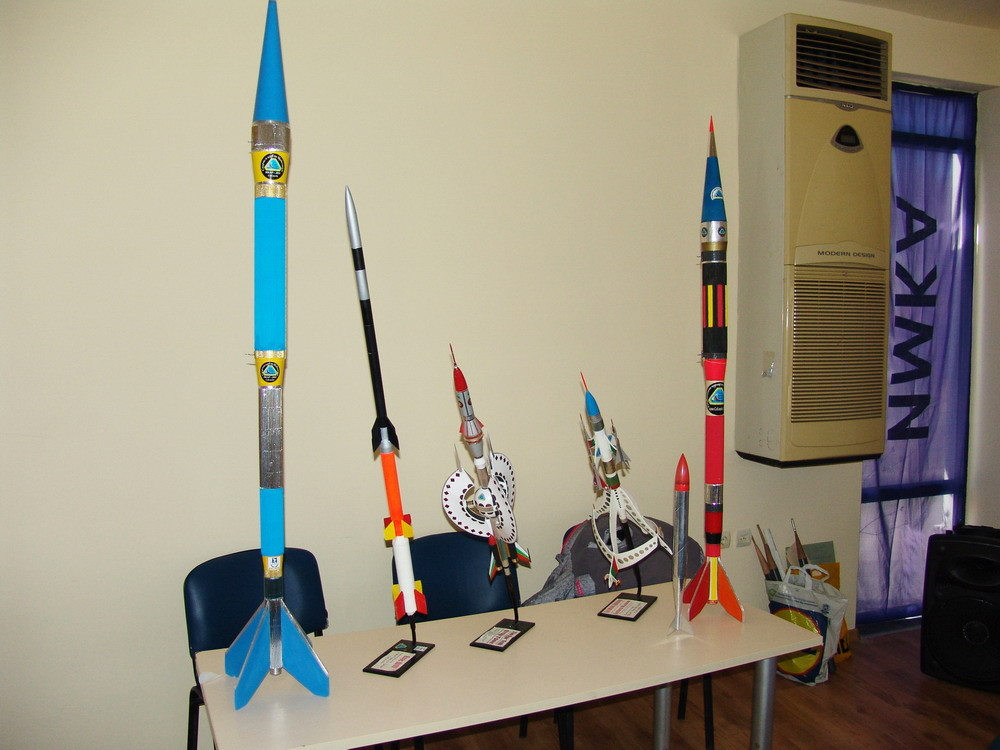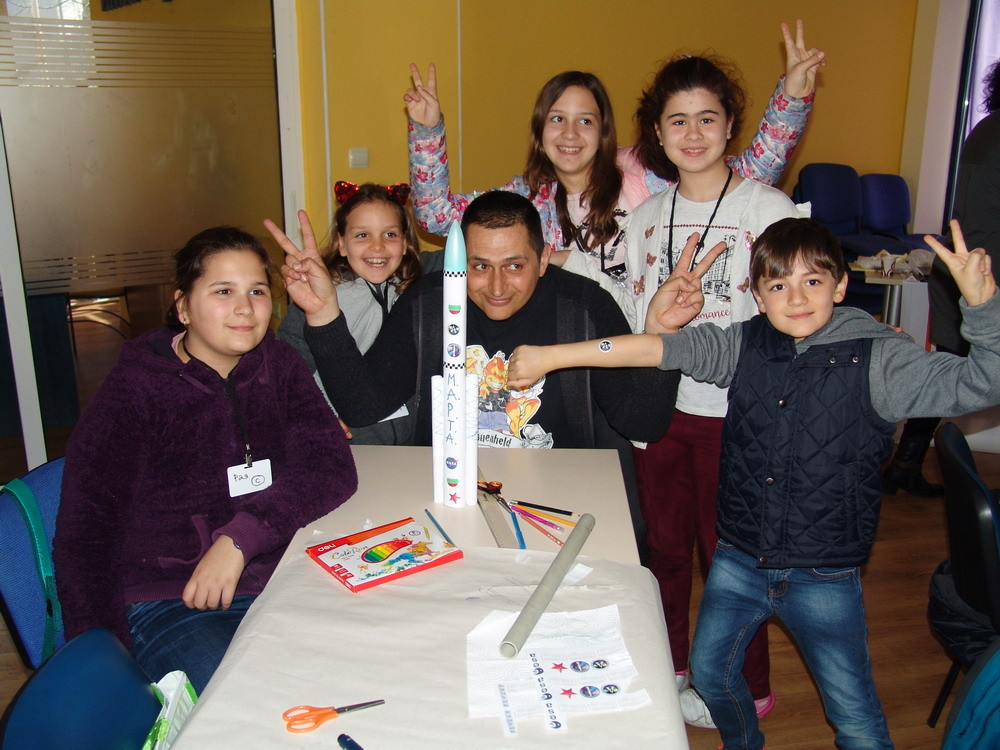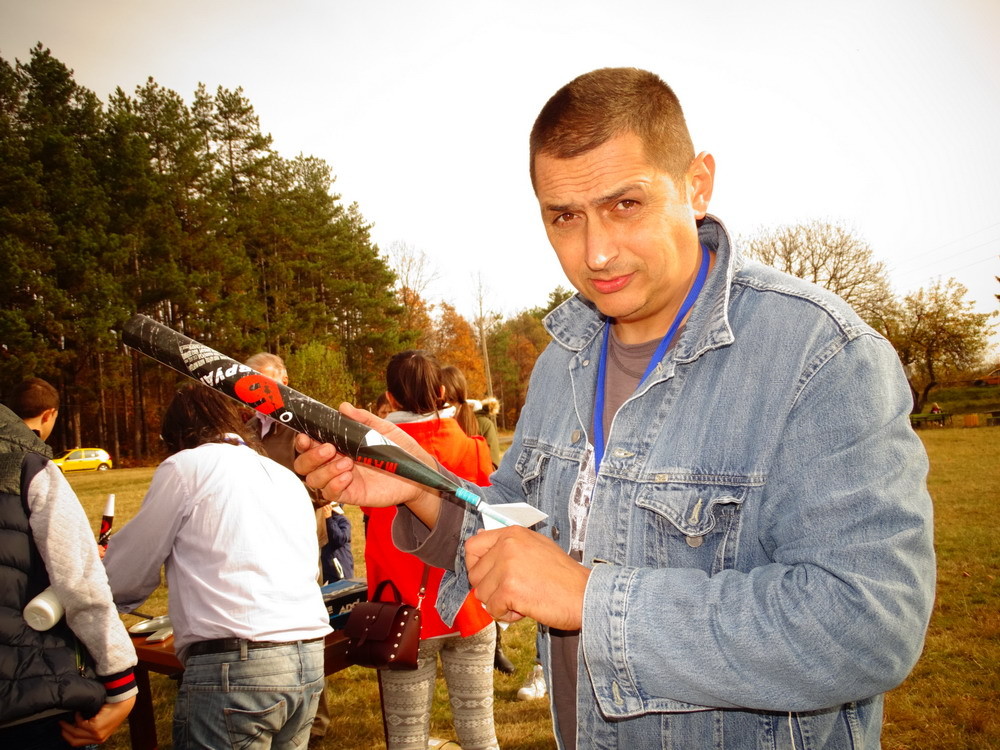

 "They act as creators, as engineers and leaders. I believe that the next Elon Musk is somewhere among our children," Ivaylo Radnev who is part of the team of Observatory for Ideas has told BNR correspondent Velina Mahlebashieva.
"They act as creators, as engineers and leaders. I believe that the next Elon Musk is somewhere among our children," Ivaylo Radnev who is part of the team of Observatory for Ideas has told BNR correspondent Velina Mahlebashieva.

The village of Hotantsa, near the Danube city of Ruse, is hosting the Hotantsa Sarma Festival , a celebration of Bulgaria’s culinary and folk heritage. Organised by the local cultural and community centre ( chitalishte ) Svetlina-1928 , the festival..
He does not accept the definition of "apostle" or "missionary", although for many he is exactly that - a messenger of God in the world, proclaiming His Word. He first became a priest in his native Vidin diocese, in Northwestern..
Over 80% of Bulgarians are expected to start using artificial intelligence in the next three years , across all age groups. Today, it is almost impossible to find a Bulgarian student who does not turn to ChatGPT when preparing homework. This..
Everyone knows that as soon as temperatures start going down it is pickle-making season. Making preserves at home is a time-honoured and widespread..
Minister of the Environment and Water Manol Genov has granted two centuries-old trees – each of which approximately 200 years old – protected status,..

+359 2 9336 661
